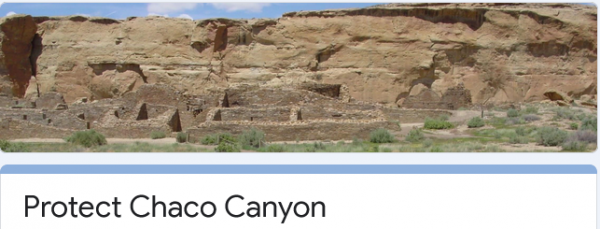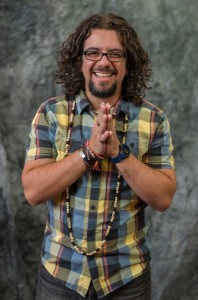Blessings this Valentine weekend. A gift we can give to those we love and to our Mother Earth could be an advocacy action below. Updates are as of Saturday, February 12, 2022. You are always welcome to contact committee members and your own legislators. Let us know if you have questions. Information at
nmlegis.gov. Federal Action from National IPL—Deadline, Feb 22.
In coordination with the Climate Action Campaign (CAC), IPL and some of our faith-based partners, are circulating this
people of faith petition to Biden calling on him to keep his promise to take meaningful action on climate justice and do everything he can to get BBBA through the Senate.
CAC will deliver it, along with the rest of their signatures, via a Hill press event on 2/25. IPL will also get it to the White House Office of Faith-Based and Neighborhood Partnerships. The signer deadline is 2/22. We will send them a spreadsheet (they won’t add our names to any lists).
New Mexico Action
HB6 Clean Futures (Climate Change Bill) Fact sheet attached: House Government heard public comment but did not have time to finish discussion or take a vote before they went to the floor. They are scheduled to meet Saturday to continue discussion and vote.
NM Oil and Gas Association is running a $250K cable ad buy in opposition of HB 6. Conservation Voters just launched a Clean Future Act (HB 6) ad. Share if you choose.
HJR2 Environmental Rights or Green Amendment: Green Amendment was tabled in House Judiiary by 9-3. Maya with Green Amendment encourages everyone to not to get disheartened, after a rest organizing for next legislative session will continue for the Common Good of communities and caring for Our Common Home.
HB37 CEED Low-Income Energy Efficiency Block Grant has made it through the House and is waiting to be heard in Senate Finance.
HB 127 Storage of Certain Radioactive Waste (Banning of Permitting for a High Level Waste Site) passed committees and is awaiting a House Vote.
HB 164 Uranium Mine Cleanup bill passed House committees.
SB 8 Voting Rights Provision passed Senate Committees and is ready to be heard on Senate Floor. –Please email your members
HB 228 Hydrogen Hub passed its committee. This bill has many environmental, climate and financially responsble stewardship and justice concerns. The new bill was brought forth after 3 previous hydrogen hub bills of various sorts did not pass through committees where many members of the public expressed concerns. This bill goes to the House floor for a vote, contact your legislator with your views, watch details at
nmlegis.gov. The bill would:
— trigger the $125 million of taxpayer funds in the HB2 budget, giving that money to the New Mexico Finance Authority for grants to hydrogen projects. That’s about 7.5 times the budget of the entire Environment Department that would have to police this industry. While the tax credits and deductions are gone from previous iterations, HB228 still sets up public-private partnerships and provides access to multiple state economic-development incentive programs
–includes hydrogen (now 1.5kg CO2 equivalent per kg hydrogen produced) as “renewable energy” in the Renewable Energy Act, making the same changes to the Rural Coop Electric Act.
— rely upon third-party verification for its definitions of ‘clean’ hydrogen, hydrogen-produced electricity, responsibly sourced gas (now with 99% capture, but who is measure, and where?), carbon capture and sequestration. It says even less about any oversight of making all those effective.


